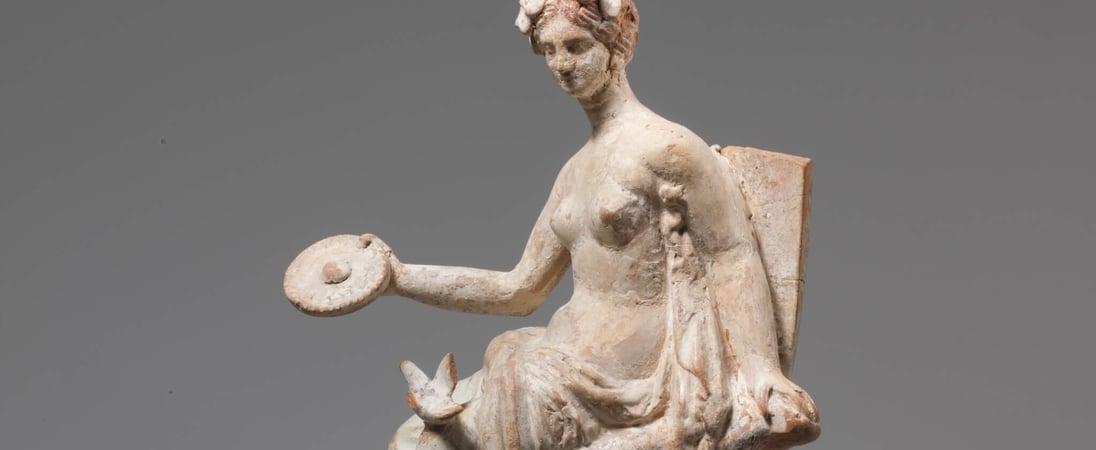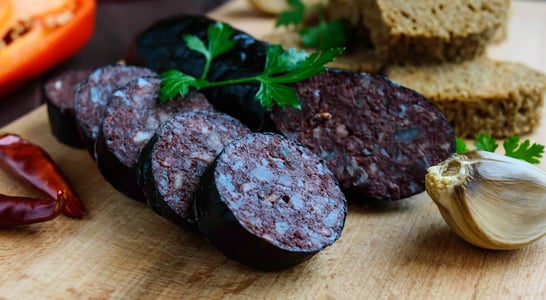
Goddess of Fertility Day
Goddess of Fertility Day, celebrated on March 18 each year, honors the various goddesses associated with fertility.
These divine figures symbolize growth, renewal, and the nurturing of new life, both in human and agricultural terms. Many cultures worldwide have their fertility deities, such as Aphrodite from Greek mythology, who is revered for her connections to love, beauty, and procreative powers.
This day highlights the enduring human fascination with fertility, which has been a central theme in many myths and religious practices across civilizations.
Aphrodite, for example, has been a popular figure in this respect, often associated with symbols of love and fertility like doves, apples, and roses, which underscore her deep connection to life’s generative processes.
These symbols reflect the qualities of passion, desire, and beauty, all of which are integral to the concept of fertility.
Celebrating Goddess of Fertility Day provides people an opportunity to appreciate the mythical and cultural significance of fertility goddesses.
It connects us with ancient beliefs about life and procreation, offering a glimpse into how different cultures view the fundamental aspects of human existence and the natural world. This connection is not only about human fertility but extends to the fertility of the earth, which sustains all life forms.
History of Goddess Of Fertility Day
Goddess of Fertility Day honors the diverse array of fertility goddesses from various cultures. Rooted in ancient traditions, this day pays homage to deities like Aphrodite, Venus, and many others who represent fertility, love, and beauty.
Throughout history, people have looked to these powerful figures for help in bearing children and ensuring the prosperity of their crops and lands.
The celebration of fertility goddesses dates back thousands of years, with each culture having its own interpretation and set of myths surrounding these revered figures.
The Greeks, for instance, would pray to Aphrodite, seeking her blessings for fertility and love. Similarly, other ancient societies had their own rituals and offerings to appeal to their respective fertility deities, hoping to secure abundance and success in procreation.
While the origins of Goddess of Fertility Day itself are not well-documented, its timing around the spring equinox underscores its thematic connection to rebirth and renewal.
Today, people may observe the day in various ways, such as planting gardens or learning about the historical and mythological aspects of fertility gods and goddesses, reflecting the day’s enduring significance in celebrating life and fertility across different cultures.
How to Celebrate Goddess Of Fertility Day
Spruce Up Your Garden
Greet Goddess of Fertility Day by getting your hands dirty—literally. Planting a garden is a charming way to honor the day.
Opt for fruits and flowers known to symbolize fertility, like pomegranates and roses, to make your garden not just pretty but meaningful, too.
Create a Fertility Altar
Creating an altar sounds solemn, but it’s actually quite a creative endeavor! Gather symbols of fertility, such as eggs or rabbit figurines, and arrange them with candles and greenery. It’s a personal touch to honor the day and make a wish or two.
Dive Into Mythology
Why not spend the day curled up with a good book about Greek myths? Delve into stories of Aphrodite or other fertility goddesses.
It’s a perfect blend of entertainment and education, and who knows? You might find a new favorite deity!
Host a Theme Party
Throw a fertility-themed party because why not? Invite friends to celebrate with foods known to boost fertility, like almonds or avocados.
Decorate with lush greenery and blooms to set a life-affirming mood. It’s a fun way to honor the spirit of the day while enjoying good company.
Also on ...
View all holidaysNational Sloppy Joe Day
This classic sandwich will have you licking your fingers! The tangy sauce mixed with savory meat on a soft bun is a crowd-pleaser.
Global Recycling Day
From trash to treasure, give your waste a new lease on life! Contribute to a better future with the power of recycling.
National Biodiesel Day
Fueling the future, this eco-friendly energy source gives cars a cleaner ride, making the planet and wallets smile.
National Black Pudding Day
Savoring blood sausage connects taste buds to rich culinary traditions, blending savory notes that captivate discerning palates.
We think you may also like...
St. Andrew’s Day
Celebrated for his kindness and valor, the patron saint of Scotland's legacy lives on through the Scottish flag and the country's traditions.








